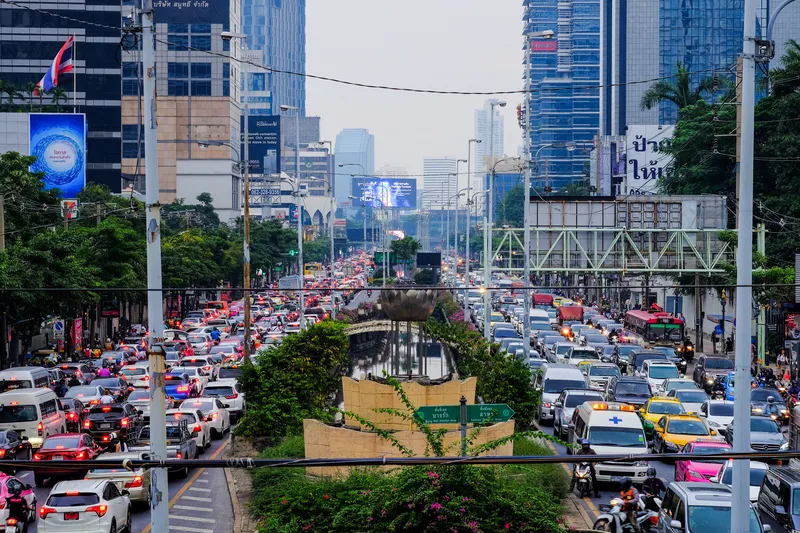Australia's 2011 federal government budget, announced yesterday, will provide AU$61.4 million over three years for the development of a national smart managed motorways trial to improve congestion, lower urban emissions, and expand the capacity of existing outer city road infrastructure networks.
May 17, 2012
Read time: 2 mins
Australia’s 2011 federal government budget, announced yesterday, will provide AU$61.4 million over three years for the development of a national smart managed motorways trial to improve congestion, lower urban emissions, and expand the capacity of existing outer city road infrastructure networks.
The programme will fund smart infrastructure road projects identified by Infrastructure Australia, a statutory body established under the Infrastructure Australia Act 2008, as demonstrating high benefit-cost ratios and improving traffic demand management and the overall efficiency of the transport flows in major cities. A range of ITS solutions, including ramp metering and signalling, variable message signs, traveller information systems, managed motorways and freight prioritisation, will be used, while Infrastructure Australia has had its funding increased by $36 million over the next four years. This is to enable it to develop long-term strategies to tackle infrastructure bottlenecks, improve freight networks, and promote private funding of domestic infrastructure by investors.
Outlining the government’s infrastructure vision and plans in a budget statement, Anthony Albanese, Australia’s minister for infrastructure and transport, said the managed motorway scheme would secure a higher and more consistent level of motorway performance resulting in travel time savings and improved reliability, improved road safety and lower greenhouse gases emissions.
His full, 42-page budget statement, which contains the principal elements of Australia's national policy (Our Cities, Our Future: A national urban policy for a productive, sustainable and liveable future) released yesterday.
The programme will fund smart infrastructure road projects identified by Infrastructure Australia, a statutory body established under the Infrastructure Australia Act 2008, as demonstrating high benefit-cost ratios and improving traffic demand management and the overall efficiency of the transport flows in major cities. A range of ITS solutions, including ramp metering and signalling, variable message signs, traveller information systems, managed motorways and freight prioritisation, will be used, while Infrastructure Australia has had its funding increased by $36 million over the next four years. This is to enable it to develop long-term strategies to tackle infrastructure bottlenecks, improve freight networks, and promote private funding of domestic infrastructure by investors.
Outlining the government’s infrastructure vision and plans in a budget statement, Anthony Albanese, Australia’s minister for infrastructure and transport, said the managed motorway scheme would secure a higher and more consistent level of motorway performance resulting in travel time savings and improved reliability, improved road safety and lower greenhouse gases emissions.
His full, 42-page budget statement, which contains the principal elements of Australia's national policy (Our Cities, Our Future: A national urban policy for a productive, sustainable and liveable future) released yesterday.









